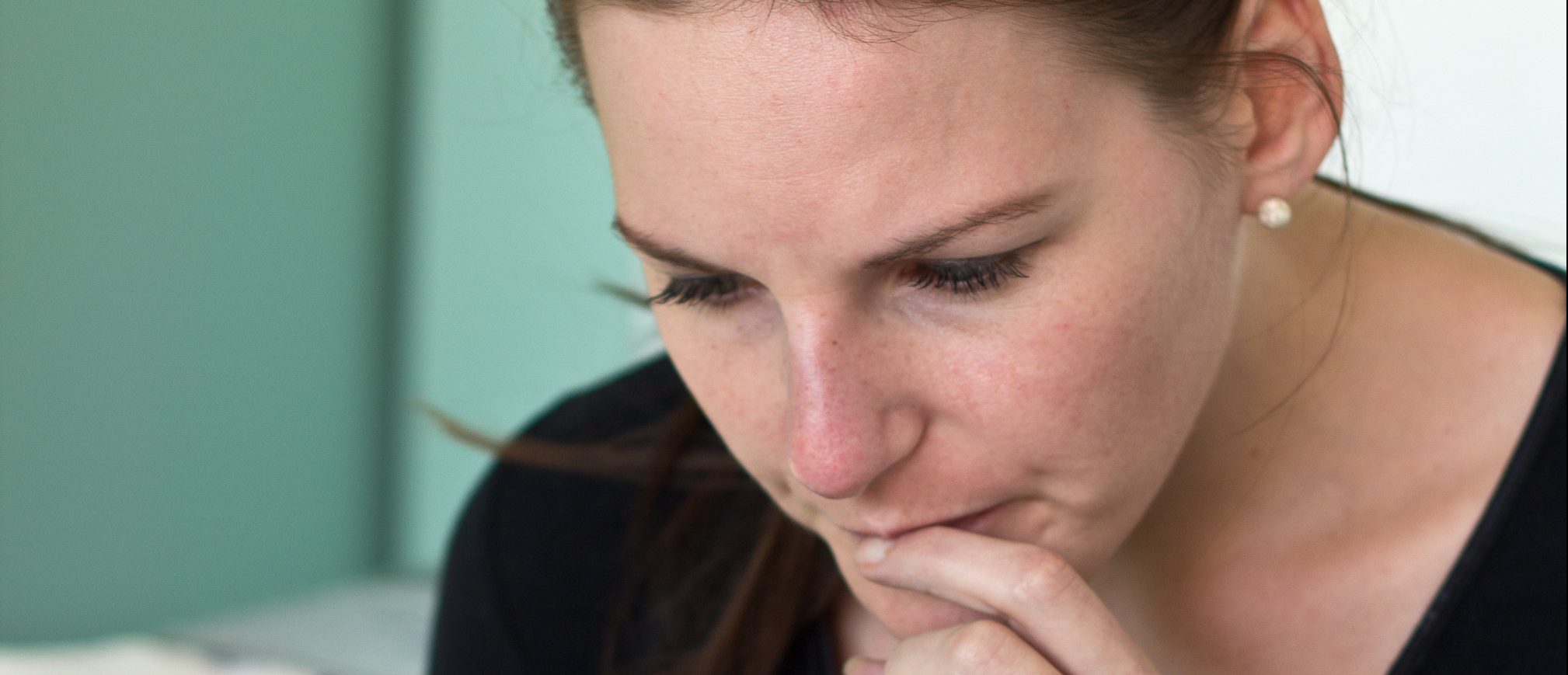
Teen Marijuana Use May Lead to Adult Unhappiness
Regular teen marijuana use has been linked to declines in memory, intelligence, learning, decision-making and attention. It is also associated with adult unhappiness. The main concerns include lower socioeconomic status, lower job satisfaction, more numerous legal problems and the resulting decreased life satisfaction. Those who begin use as teens and continue using into adulthood showed the largest effects.
Using cannabis more than two times a week results in serious consequences to teens. This includes effects on the brain that frequently last for days if not longer. Because the marijuana-using teen often struggles with studying and poorer grades, professionals have found subsequent problems with self-esteem. In the same vein there is the addition of conflict with parents adding to the problem.
What Does Research Say?
Studies have concluded that people who use marijuana regularly (once a week or more often) during the teen years are likely to be at high risk for irreparable brain damage in areas of attention, learning, and memory. Furthermore, teen cannabis users performed significantly worse on measures of processing speed and memory. Each of these symptoms explain why regular teen marijuana use is associated with adult unhappiness.
Moreover, research evidence shows that teen girls are more sensitive to marijuana’s effects than boys. Scientists do not fully understand these differences.
More Research is Essential
In addition to examining differences between boys and girls, other areas of teen marijuana use need more study. While researchers are just beginning to study the effects of cannabis on teenagers, none of the studies have included data on the risks of cannabis based products like DAB (60-90% pure THC) or edibles (40-50% THC). This means the data does not include the potentially most harmful marijuana derivatives. Cannabis with higher THC has been linked to more negative consequences.
It is very difficult for scientists to conduct research on cannabis, due to its classification as a Schedule I drug.
If you are a parent and you are aware that your child is using marijuana, the risks to him or her are very high. Getting an assessment is a great first step and it can begin with a single phone call to 513-792-1272.